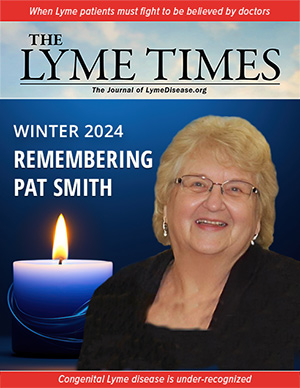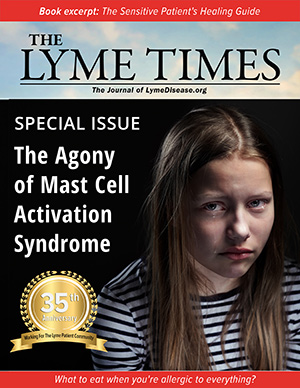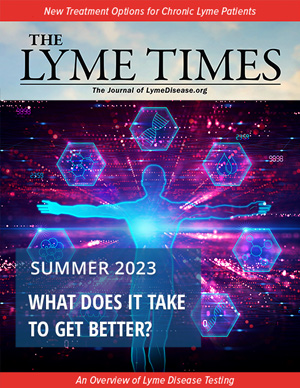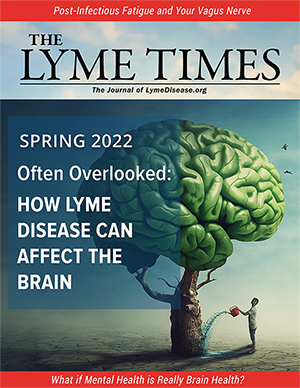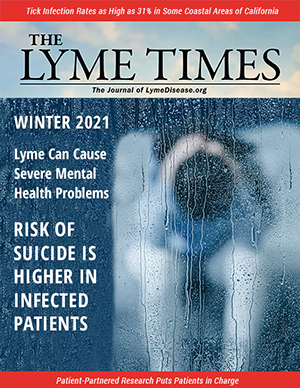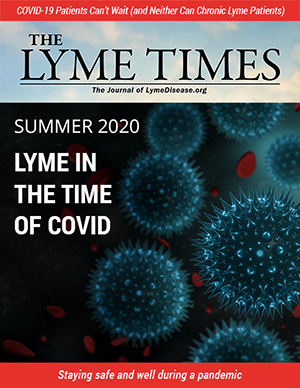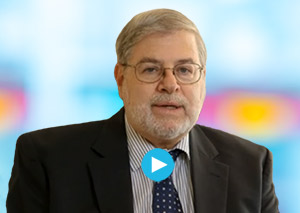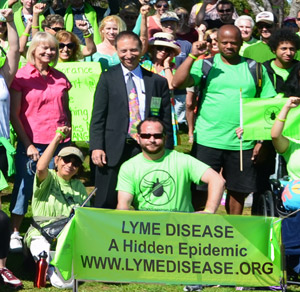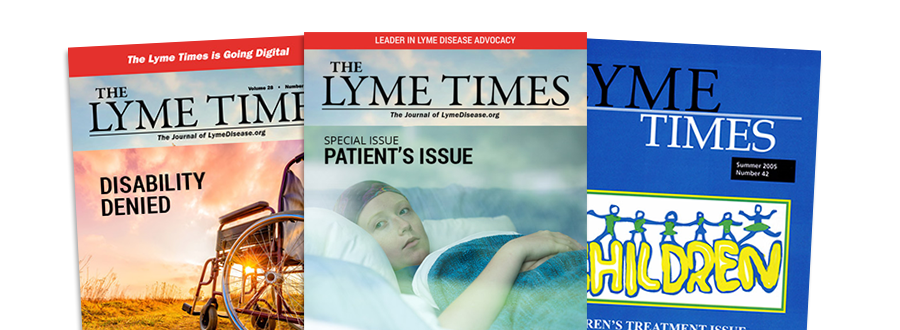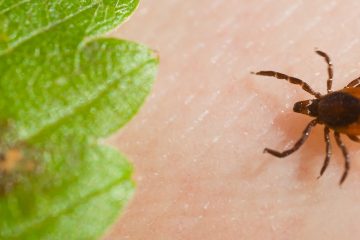I f there were such a thing as an Olympic competition for Lyme research, I have a pretty good idea who would be on Team USA.
 A recent paper entitled “Recent Progress in Lyme Disease and Remaining Challenges,” co-authored by 31 researchers from 19 separate institutions, reads like an all-star lineup of Lyme disease researchers.
A recent paper entitled “Recent Progress in Lyme Disease and Remaining Challenges,” co-authored by 31 researchers from 19 separate institutions, reads like an all-star lineup of Lyme disease researchers.
The authors include many names familiar to the Lyme community including: Monica Embers, PhD, John Aucott, MD, Kim Lewis, PhD, Ed Breitschwerdt, DVM, DACVIM, Nicole Baumgarth, DVM, PhD, and Brian Fallon, MD.
The lead author, Jason Bobe MSc, is an associate professor in the genetics and genome science department at the Icahn School of Medicine at Mount Sinai in New York City.
Bobe is part of Mount Sinai’s Resilience Project. It seeks to discover why some people are more able than others to resist or recover from certain illnesses, including Lyme disease.

Jason Bobe, MSc

Monica Embers, PhD
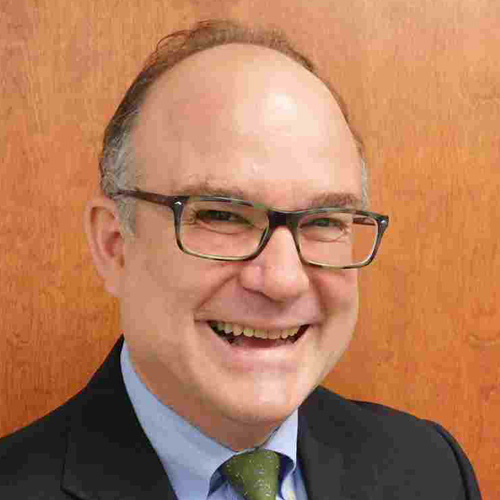
John Aucott, MD

Kim Lewis, PhD

Ed Breitschwerdt, DVM, DACVIM

Nicole Baumgarth, DVM, PhD

Brian Fallon, MD

Brandon Jutras, PhD
Recent Advancements in Lyme Disease
This paper does an excellent job of summarizing the advancements in Lyme and tick-borne diseases over the past five years. It also identifies gaps in knowledge, remaining challenges, the need for additional funding and further research.
The paper paints a comprehensive picture of what causes acute Lyme disease, including immune activation, dissemination, and inflammation. In addition, it looks at newly discovered biological markers that may aid in the development of improved diagnostics.
Included is a detailed description of several potential causes of symptoms of Lyme disease that persist after standard treatment. The authors propose that the most salient hypotheses are “persistence of infection or antigenic debris, persistence of inappropriate immune activation and inflammation, or some combination of these.”…..Join or login below to continue reading.



